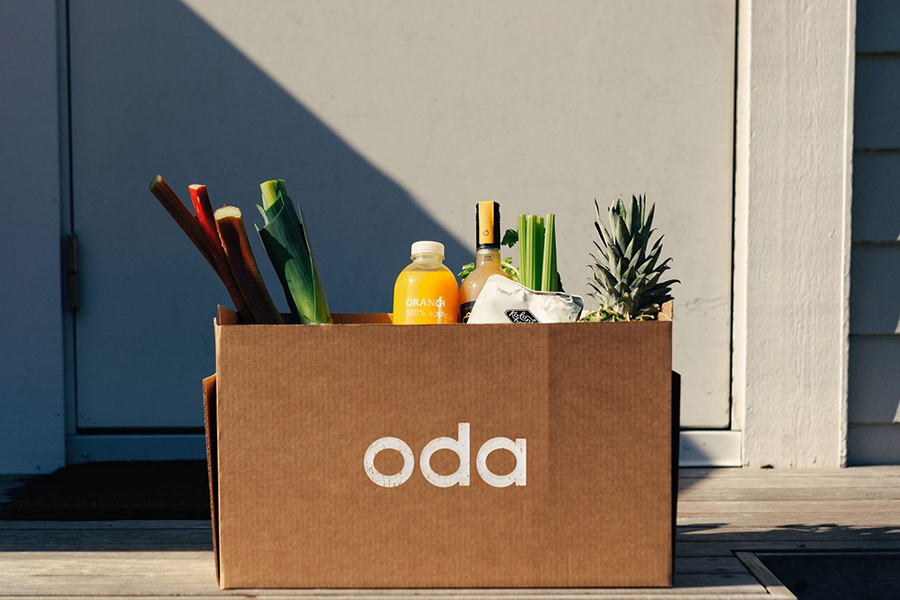Key facts:
- Kolonial, a Norwegian grocery delivery startup raised $265M at a $900M valuation (almost a new unicorn for Europe), notably from Prosus (a holding behind Nasper and hence Tencent) and the infamous Softbank’s Vision Fund. This is quite notable as Softbank has serious experience in the domain. It was heavily invested ($2.5 billion invested) in Flipkart, the leading e-commerce player in India before selling its shares to Walmart (while doubling its stake).
- Kolonial has rebuilt from scratch an e-commerce focused grocer and can be compared to Picnic or Rohlik which also recently raised money.
- Sweden-based Matsmart raised $35M for its anti-waste e-commerce platform.
- Matsmart delivers non-fresh grocery items that would have been thrown away otherwise (products that are discontinued, goods with damaged packaging, etc)
- Both startups will use these findings to grow internationally. Matsmart is already active in Denmark and in Germany on the name Motatos and will continue to grow there. Kolonial (corner store in Norwegian) will rebrand as Oda to grow in new markets.
Why it matters – DigitalFoodLab’s opinion:
As shown in DigitalFoodLab’s latest report on the European FoodTech ecosystem, the Nordics FoodTech ecosystem has grown to be one of the strongest in Europe. Now, as the competition on grocery delivery is strengthening, its startups will be part of the race to internationalise their various business models.
We can also read this competition as a difference of business models and how operations are managed (as we did here). There is an almost philosophical divide between two groups of startups:
- Both Matsmart and Kolonial (and also others such as Picnic, Rolhik or La Belle Vie) bet that consumers will keep focusing first on affordability and then on quality and speed of delivery.
- Others, notably the much-hyped dark store (Gorillas, Dija, etc.) and farm-to-home (Farmy, Cortilia, Crisp) startups bet that consumers will value convenience or quality first.








